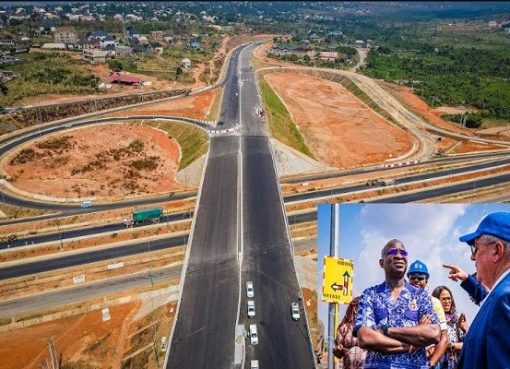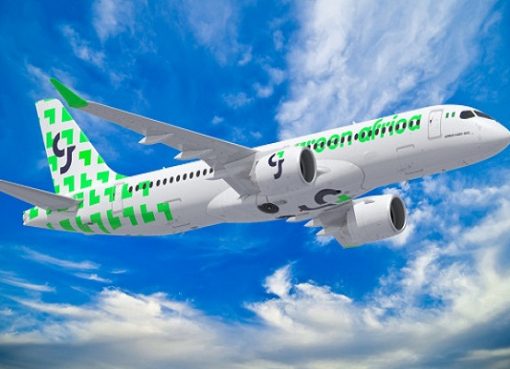Mercury Maritime Concession Company, a marine-related service supporting firm, has secured a provisional approval to construct Escravos Seaport Industrial Complex, ESIC-1 in Delta State.
The project valued at $2.9bn will be home to eight other projects including a deep seaport, a free trade zone, a crude oil refinery and gas complex and nature conservation park.
Other projects included in the design are massive industrial layouts, independent power plants, development of prime infrastructure and an international airport.
Chairman of MMCC, Rear Admiral Andrew Okoja, who spoke to journalists on Friday at the Navy Sailing Club in Ojo, Lagos said the project was designed to leverage on the huge endowment of the 30,000-hectare island, South West of Warri in Delta State.
He said, “ESIC consists of several projects. It has a deep seaport project, a free trade zone component, a refinery component, a gas complex component. It has an airport component, an estate component, a recreational component. All these are all in one.”
He added, “Maritime itself carries 90 per cent of the world’s resources. The remaining 10 per cent is shared by rail and road.
“You find that in an economy like Nigeria that is endowed, we are not taking optimum advantage of the natural endowment we have. We are leveraging on this relationship and that is what the ESIC project is all about.”
Okoja said it was a public-private partnership driven project consisting of the Federal Government, Delta State Government as well as the Navy which would be involved in the hydrographic development of the second phase of the project tagged ESIC-2, involving opening up the channel to the hinterland.
The MMCC boss said two main partners were driving the project. He explained that the first was the maritime infrastructure facilitated by Port of Antwerp International and then the land infrastructure developed by James Cubitt.
He said, “The conservative cost was put at $2.9bn. It can pay itself but the bridging fund requirement is the amount we have stated.”
He added, “We believe that in three years, we will begin to see the effect, the deep seaport should begin to operate. We are being funded by a United Nations-affiliated group based in Switerzland, Zurich.
Also speaking at the event, Managing Director of the Port of Antwerp, Kristof Waterschoot, said he was interested in the future development of the region and is convinced trade would grow between Nigeria and the Belgium port.
Okoja also explained that the second phase of the project, ESIC-2 was opening up the waterways from Escravos into the hinterland.
The MMCC Chairperson said the last phase was opening it up to Jimeta in Adamawa State, adding that the port would run with barges from point to point, creating business for inland ports.
Source: Punch










